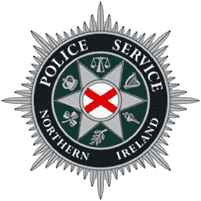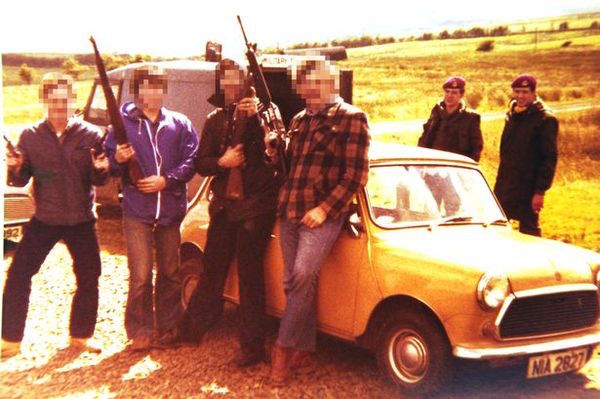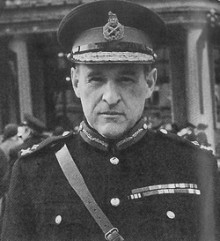23 November 2016
Teenager’s body exhumed in hunt for British Army death squad evidence

POLICE investigating the shooting dead of a west Belfast teenager by an undercover British Army unit in 1972 say they have uncovered “‘an object of interest”‘ after the exhumation of Daniel Rooney’s remains from a family grave in Milltown Cemetery, Belfast, on Monday.
No other details have been released. The item is being sent for forensic examination.
Daniel Rooney was 18 when he was gunned down by the British Army’s notorious Military Reaction Force (MRF) in September 1972. The MRF, which operated in plainclothes with its own non-regulation weapons and under its own terms, was the subject of an exposé by the BBC investigative TV programme Panorama.
BBC TV Panorama exposé of British Army death squad – ‘Britain’s Secret Terror Force’

PSNI Detective Chief Inspector Neil McGuinness, who had previously said he is running the inquiry on the same lines as a murder investigation, confirmed the discovery of “an object of interest” and added:
“We are continuing to liaise with the [Rooney] family in relation to this and will keep them informed of any further developments.
“I would once again ask media to treat this sensitively, being mindful of the fact this is a difficult time for the family.”
At the time of Danny Rooney’s death no examination was carried out nor was his family given any explanation as to why there was no post-mortem.
A coroner, sitting earlier this month, approved the exhumation after solicitor Padraig Ó Muirigh, acting for the family, produced a medical file that found bullet entry wounds in the teenager’s body but made no mention of an exit wounds.
On the basis that there may be bullets or bullet fragments in the teenager’s remains which may be used evidence in the inquiry being carried out by the PSNI’s Legacy Investigations Branch, the coroner gave the go-ahead for the exhumation.

● British Army soldiers of the undercover MRF terror gang
Peadar Whelan writes:
THIS latest development is part of the wider investigation into the actions the undercover MRF units ordered by the North’s Director of Public Prosecutions, Barra McGrory, in the wake of the BBC Panorama programme broadcast in November 2013. Members of the unit admitted to the BBC to firing on and in some instances killing civilians even though they knew them to be unarmed.
One ex-MRF soldier told Panorama:
“We were not there to act like an army unit – we were there to act like a terror group.”
The MRF was officially tasked with targeting IRA activists but its ‘elite’ members almost dismissively admitted to Panorama that it carried out ‘drive-by’ shootings of nationalists. These included people keeping watch at barricades to protect their homes from marauding loyalist sectarian gangs in the years after unionist mobs and the Royal Ulster Constabulary state police launched pogroms against Catholic areas, burning Bombay Street to the ground.
If they didn’t see a weapon, the MRF claimed they assumed a ‘suspect’ had one somewhere and they opened fire anyway.

The MRF was a death squad made up of 40 hand-picked members from within the British Army operating from 1971 to 1973 under the command of a brigadier.
Its genesis was in the counter-insurgency doctrine of Brigadier Frank Kitson (pictured) developed particularly from colonial experiences in Kenya and Malaya.
Kitson brought his tactics to the North of Ireland, officially leaving in 1972. One former lieutenant-colonel interviewed by BBC Panorama admitted that many of his fellow officers had brought a colonial mindset to 1970s Belfast.
Follow us on Facebook
An Phoblacht on Twitter
Uncomfortable Conversations

An initiative for dialogue
for reconciliation
— — — — — — —
Contributions from key figures in the churches, academia and wider civic society as well as senior republican figures




